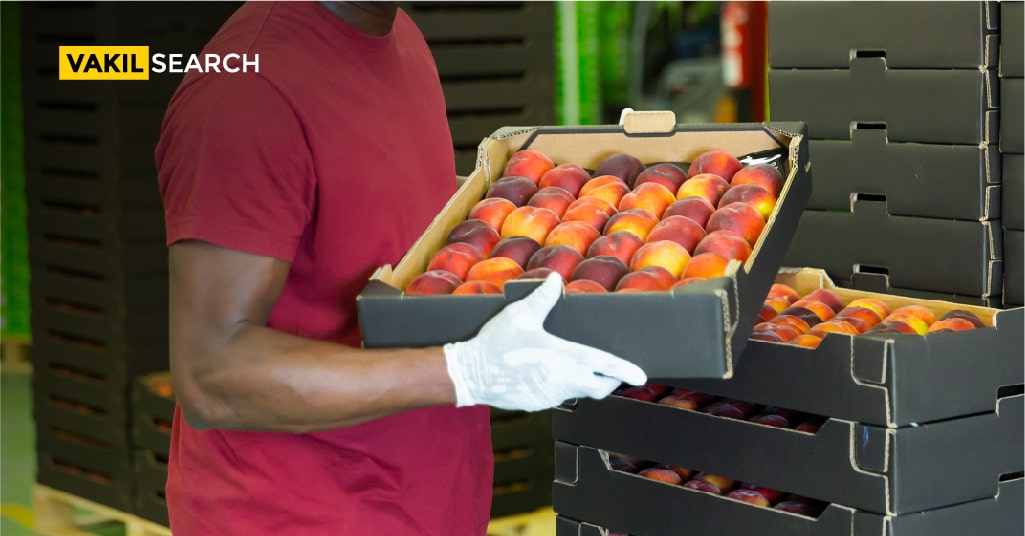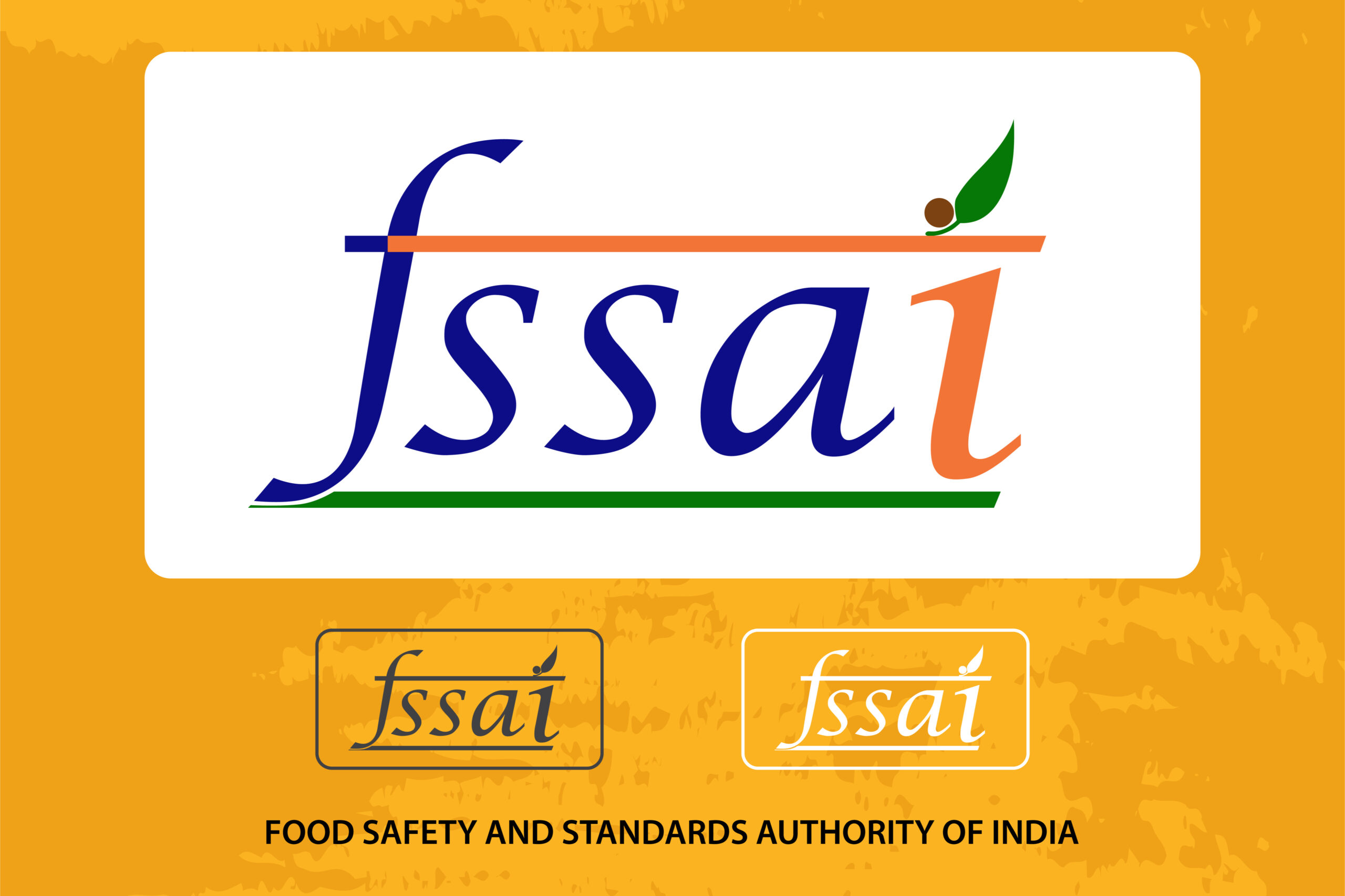In this article, we will take a look at some of the policy changes made by the FSSAI in regulating the market of food business operators.
India is one of the largest consumer markets in the world. But we are also highly litigious consumers. We are eager to respond to any slip-ups. In other words, the Indian consumer is hard to please and even harder to satiate.
It is well know that Indians love to consume food products more than anything else. But since food products are ingested, they are expected to be of a certain quality and meet certain health standards. They have to be tested in government labs before they are approved for sale. The government body that regulates this sale of edible goods is known as the The Food Safety and Standards Authority of India (FSSAI).
The FSSAI is constantly taking reasonable measures for examining food and hygiene in the food business. It routinely conducts reviews of all the sustenance organisations to guarantee that they have FSSAI enlistment or FSSAI permit.
In the last couple of months, FSSAI has forced a few limitations on FBOs in the food processing industry, in perspective on the different instances of food adulteration and genuine health effects coming about because of it.
These bans have been enforced for the best possible guideline of all food industry and are in light of a legitimate concern for overall population health and sanitation.
Given that there is constant innovation in the food industry with new products coming into the markets everyday, the FSSAI is required to continually update its rules and guidelines in the interest of public safety and health.
In this article we will take a look at some of the changes the FSSAI has been executing in the past few years, which have prompted higher standards in food quality in India.
Ban on Plastic and Newspaper in Food Packaging
The food safety department has finally executed a milestone regulation by forcing a total prohibition on the reused plastic and paper bundling of all edible items. Such bundles are by and large utilised both by the big food industries as well as negligent sellers and vendors who do not have FSSAI registration. This boycott was put with the end goal of tending to health-related dangers and ecological deprivation that are a result of chronic plastic use.
In this regard, FSSAI has formulated new guidelines on food packaging under which it has banned the use of plastic and newspaper packaging. Ban On Stapler Pins In Tea Bags
A year ago, FSSAI had restricted tea producers to utilise stapler sticks in tea packs considering destructive health effects of metallic stapler pins. The stapler pins in tea packages could be an extreme peril to the health of consumers since any loose staple-pin, if consumed by any chance with the tea, may represent a serious gagging risk. In addition, the metallic stapler pins are cancer-causing, which suggests they can cause malignant growth.
Keeping perspective on the genuine health hazard, FSSAI had coordinated all FBOs to stop the assembling, stockpiling, circulation, sale, and import of the stapled tea sacks from the 1st of January 2018.
Ban on Carbide for Artificial Ripening of the Fruits
The food safety controller has now totally restricted destructive synthetic substances, such as calcium carbide and acetylene gas in artificial ripening of the organic products.
Such synthetic compounds were widely utilised by the natural product retailers and wholesalers, including individuals who had FSSAI permit.
FSSAI has now completely banned these synthetic concoctions. It has anyway allowed the utilisation of ethylene gas as a characteristic option in contrast to hurtful synthetic concoctions to ripen the organic products.
Ban on ‘Non-veg’ Silver Leaf in Indian Desserts
FSSAI has now restricted the use of silver leaf which is commonly utilised in the adornment of different Indian desserts like pethas, barfis, and Kaju Katli. There are a few worries that the silver leaf utilised in desserts is made by putting silver inside animal hide and pounding it into required slimness. In addition, such silver wark was often found with adulterants and contained substantial metal traces such as nickel, lead, chromium, and cadmium which are hazardous and unhealthy for humans.
Ban on Toluene Printing in Food Packages
Because of its potential dangers on public health, Toluene for printing on packages of edible foods has now been prohibited by FSSAI. Toluene is a chemical concoction utilised in acetones. If utilised in printing food packages, toluene is known to saturate into the food in spite of different layers between the bundle and food items. It can harm the liver and kidney. Hence, toluene has been restricted in India.
Ban on E-Commerce Sales
There has been a ban on unregistered FBOs (Food Business Operators) listing their products for sale on e-commerce sites.
In August 2018, FSSAI had restricted the professional resource of unregistered food industries that do not have an FSSAI Registration or FSSAI permit, by the top online business food collectors, for example, Zomato, FoodPanda, Swiggy, etc.
For the most part, the general population depends on popular websites for booking either food or a table in restaurants. Presently, if such websites will in general offer services through unlicensed eateries, this will misdirect the consumers and will result in wasting money.
It can even cause a severe health hazard on the off chance that you land up booking a non-reliable or unhygienic food distributor.
Ban on Health Supplements as Medicines
One of the most recent policies executed by the FSSAI is the restriction on prescriptions of Health Supplements. There were reports with respect to the dangers of health supplements in the human body if consumed for long term.
Subsequently, all packages of health supplements must convey the message – “NOT FOR MEDICINAL USE”.
These are some of the worth mentioning bans recently enforced by FSSAI. All food businesses having FSSAI Registration must know about these margins. Thus, as you have seen how the regulatory body has been trying its best to safeguard certain food categories to sustain the food safety and quality in the country. Yet they carry on because of lack of awareness. Thus, this article is to enlighten every single citizen to be alert and concerned about the FSSAI bans for their own safety.
Conclusion
Apart from the consumer market, the food business is one of the most preferred business models in India. The number of eateries in every nook and corner is increasing by the day. This is why the FSSAI has become a lot more vigilant of industry practices and proactive in its action against violations of the code of conduct and rules. So these rules must be understood by both the consumers and the manufacturers so that the industry in general can flourish without any untoward health hazards. If you have any other queries with regard to FSSAI or any other regulatory matters, you can get in touch with us so that we can assign our team of legal experts to assist you with your requirements.
Read More:









